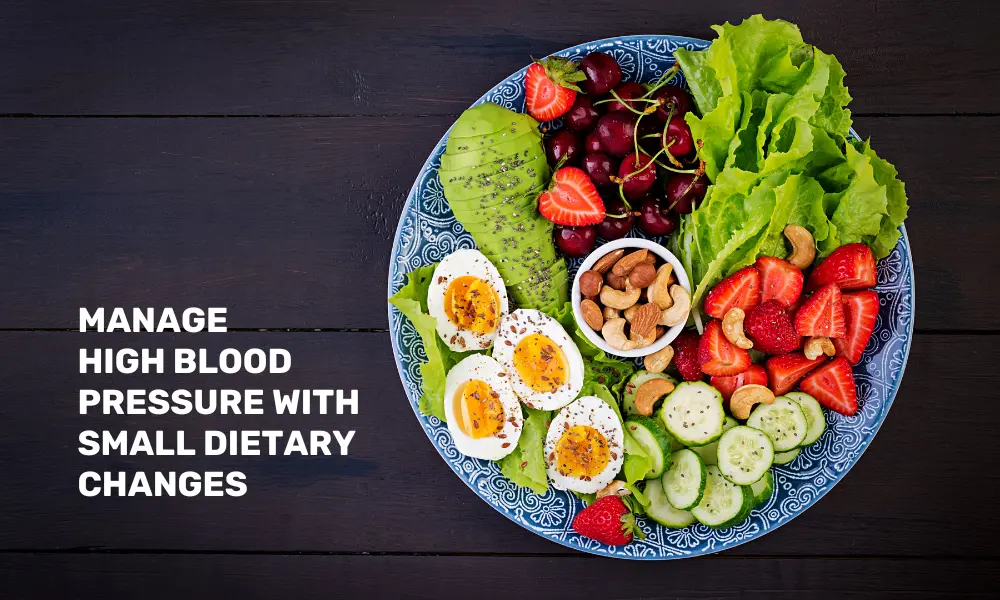The signs of a heart attack are far more subtle and hence, easy to miss. In many cases, instead of dramatic symptoms, people may experience fatigue, nausea, shortness of breath, or even a sense of unease. Because these signs are often mild or vague, they can be easily dismissed as everyday discomforts. And ignoring these hidden warning signals can be dangerous.
Heart attacks in women often don’t look like heart attacks at all. As per experts, symptoms of a heart attack in women can be subtle, making it easy to think it’s ‘just stress’ or something minor. We need to recognize that women’s heart symptoms are often different than men’s. If something feels off, one must listen to one’s body. Early recognition is crucial, and advocating for improved heart health awareness among women can save lives.
So, what are these subtle symptoms that might be sending SOS signals before the attack happens? Understanding these lesser-known signs is vital because early help can make all the difference.
-
Sleep disturbances: Disturbed sleep, trouble falling asleep, waking frequently, or still feeling exhausted after a full night’s rest aren’t always a sign of insomnia, a sleep disorder, or simply a consequence of stress; they can signal something deeper at play. Research reveals that many women notice these changes days or weeks before a heart related event.
-
Digestive symptoms: Do you feel a strange, unexplained discomfort inside your stomach? It might not be the food or any regular bowel movement issues. Symptoms like nausea, vomiting, indigestion, or upper abdominal pain are common in women experiencing heart attacks. These can be misdiagnosed as heartburn, flu, or food poisoning, leading to delays in seeking help.
-
Unusual fatigue and weakness: Feeling exhausted often, drained, experiencing lack of energy may not be good news. One of the most common subtle signs among women is extreme tiredness, even after rest. Simple tasks can feel unusually exhausting, hinting that something more serious might be underway. This fatigue often builds up gradually and may persist for days or weeks before other symptoms appear.
-
Shortness of breath, lightheadedness, or dizziness: Women may experience breathlessness even when not physically active, or lightheadedness and dizziness without warning. No, it’s not always the exhaustion from physical labor, or even a mere fluctuation in the blood pressure level. These symptoms can mislead one to think of stress, low blood pressure, or respiratory issues. Yet, they can be a sign of insufficient oxygen reaching the heart or brain.
-
Cold sweats, clammy skin, or anxiety: Although most of us brush them away thinking that symptoms like anxiety and cold sweats are issues related to stress and mental health, in reality, they can be as subtle signs of an onset of a heart attack. Apart from being the obvious symptoms, these are quiet but common signs that often come along with, or instead of, other more prominent and recognizable symptoms of a heart attack.
-
Jaw, neck, back, shoulder, or arm discomfort: Pain may radiate to areas far from the chest, such as the jaw, neck, upper back, shoulders, or arms. Ana again, they might not be the consequence of just spending too much and dealing with a lot of stress, despite often being perceived that way. These sensations may feel like muscle strain, tightness, or pressure, rather than sharp pain, making it easy to ignore.
Prevention, awareness, and action
Maintain good heart health: Stay active, eat a heart-healthy diet, manage stress, avoid smoking, and schedule regular check-ups for blood pressure, cholesterol, and diabetes, especially important for post-menopausal women, who face an increased risk of heart disease due to hormonal changes. Incorporating fiber-rich foods, healthy fats, and antioxidants into your meals can support heart function.
Know your risk factors: Conditions such as high blood pressure, diabetes, high cholesterol, obesity, smoking, family history, and hormonal factors (like menopause or pregnancy-related conditions) elevate heart attack risk in women.
Awareness is key: Recognize that symptoms in women often extend beyond chest pain, including fatigue, breathlessness, discomfort in unusual places, stomach issues, sweating, dizziness, or sleep disturbances, which can all be warning signs.
Early action matters: Quick response saves lives. Delays can lead to serious heart damage or fatal outcomes. Call emergency numbers immediately if you suspect a heart attack, even without chest pain.
Additionally, getting enough sleep, limiting alcohol intake, and maintaining a healthy weight further contribute to a strong and healthy heart.
Heart disease is the leading cause of death for women, yet awareness of warning signs is significantly lower. Do not wait until it is an emergency, trust your instincts and act.
Disclaimer: This article is meant for informational purposes only and must not be considered a substitute for professional advice.





